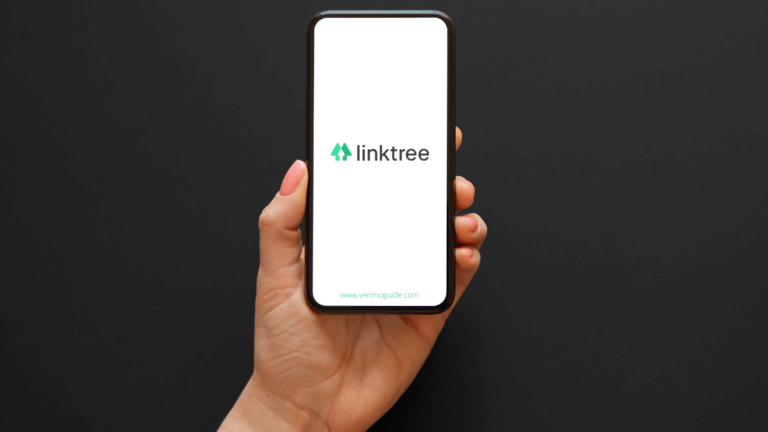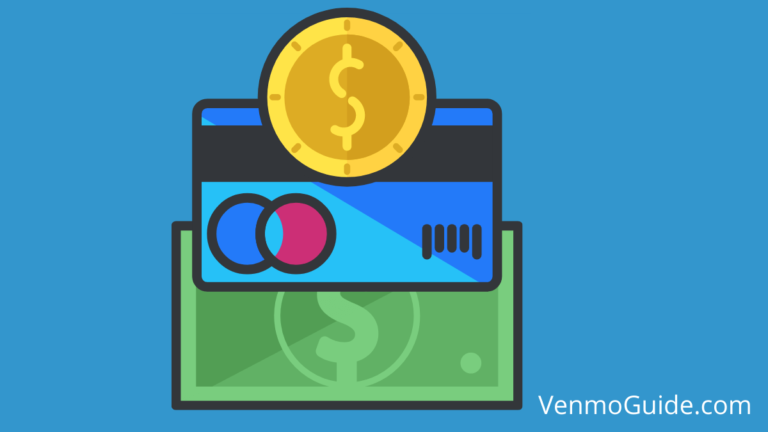Do you want to know whether Venmo sends Form 1099 K to its users or not?
Just because you use an online P2P payment service to process your business transactions doesn’t mean you’re not eligible for tax filing.
You can report your expenses and income via a 1099 K, but does Venmo send 1099 K? Let’s find out!
Do Venmo Users Receive a Form 1099 K?
Yes, Venmo sends the IRS (Internal Revenue Source) and its users a Form 1099 K. Once you cross the IRS threshold on your business Venmo account, you’ll automatically receive a Form 1099 K from Venmo after the year ends to report your taxable income.
READ: Venmo Tax Reporting for Personal Use: Does Venmo Report to IRS

What Is a Form 1099 K?
A Form 1099 K is simply the official way for business owners to report their income and pay their taxes. Form 1099 K filing is mandatory for all business owners who exceed the IRS (Internal Revenue Service) threshold.
It’s predicted that P2P payment solutions like Venmo and Cash App may require additional information upon signing up for a business account, like Employer Identification Number (EIN), Social Security Number (SSN), and Individual Tax Identification Number (ITIN).
This info will facilitate tax reporting and filing for the service’s users.
When Are You Required to Pay Taxes on Your Venmo Income?
As of the recent tax laws that came into effect in January 2022, business owners that use P2P payment processors like Venmo are required to report income with a Form 1099 K if they processed transactions of $600 or more within the previous calendar year.
For the years before 2022, the requirements are gross payments that exceed $20,000 and more than 200 transactions processed.
The Easiest Way to File a Form 1099 K on Venmo
To file a Form 1099 K with Venmo, all you have to do is wait for an email from Venmo with the Form 1099 K. You should receive it in the tax season, which should be sometime around January.
Once you receive a Form 1099 K request from Venmo, all you have to do is fill out the form and send it to the IRS.
How to Keep Good Records for Venmo Reporting
As a Venmo user, there’s a good chance that not all your transactions on the platform are business-related, meaning that your Form 1099 K will encompass taxable and non-taxable income.
That’s why you need to regularly keep records of your expenses, revenue, and all other transactions throughout the year to prevent tax miscalculations.
For small business owners, keeping records may not be that big of an issue. You can do it yourself or assign it as a task to one of your employees.
However, if your business is more complex than this, you’ll need to implement a recordkeeping system that keeps track of your expenses and income. Ideally, your recordkeeping system should comprise your:
- Receipts
- Bank statements
- Accounting records
- Tax forms
- Payroll records
There are 2 ways to save your records: electronic and manual. Electronic records are often preferred since they’re accurate and easier to access from any device.
What Is Considered Non-Taxable Income on Venmo?
Non-taxable income comprises any transactions that don’t involve buying or selling a product or service. Some examples include:
- Money you receive from a friend or relative
- Money received as a gift
- Borrowed money
- Money received for your friend’s movie ticket
Other than that, if you use Venmo to sell your goods or provide a service of any kind, then it’s considered taxable income.
Any business operated via Venmo as a Payment option will be taxable.
Frequently Asked Questions
What Should I Do If I Already Sold Items in the Past Years on Venmo?
Before January 2022, the IRS threshold was much higher than it currently is, so most Venmo business users weren’t required to send a 1099 K. If you were required to do this, you’d have received an email from Venmo asking you to complete your Form 1099 K.
Can I Just Sell My Goods Using a Different Platform?
You can use a different platform than Venmo to sell your products. However, you’ll almost certainly have to send a Form 1099 K on that platform since all P2P services have the same IRS obligation.
Does Selling Things I No Longer Need on Venmo Require Filing a Form 1099 K?
Filing a Form 1099 K that includes personal items you sold doesn’t necessarily mean you’ll have to pay taxes on them. Form 1099 K is simply an informational resource for the IRS. Whether the income is taxable or not depends on several factors. It’d be best to consult a licensed tax expert to learn if your income is taxable.
What Happens If I Don’t Confirm My Tax Info on Venmo?
If you don’t confirm your tax info on Venmo, all of your future transactions will be on hold until you confirm it. Also, you’ll continue receiving a Form 1099 K; the only difference is that the tax ID field will be left blank.
Is Zelle Excluded From the New Tax Laws?
Yes, Zelle users aren’t required to submit a Form 1099 K, at least not through the platform. The reason is that Zelle is more of a communication channel between the people making the payments and the financial institutions rather than a payment processor.
Final Thoughts
Venmo was originally intended to help people send and receive to and from their close friends and family members. But as the service grew in popularity, many businesses have started using it as a payment option, especially after Venmo introduced dedicated business accounts.
That was a detailed walkthrough of whether Venmo sends Form 1099 K.
Tax reporting is very important for the sustainability of your business. Reporting your transactions accurately will not only help you dodge legal claims but also ensure that none of your operations will be affected because of poor tax filing.
Hopefully, you find this article helpful. Let us know in the comments below and we will try our best to help you out!






